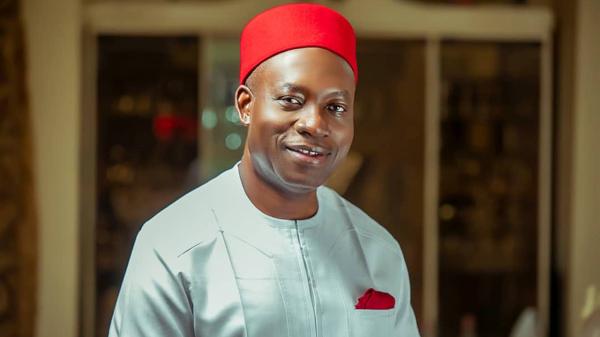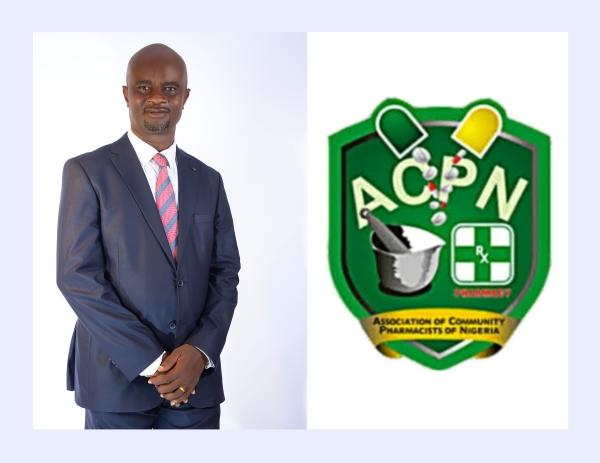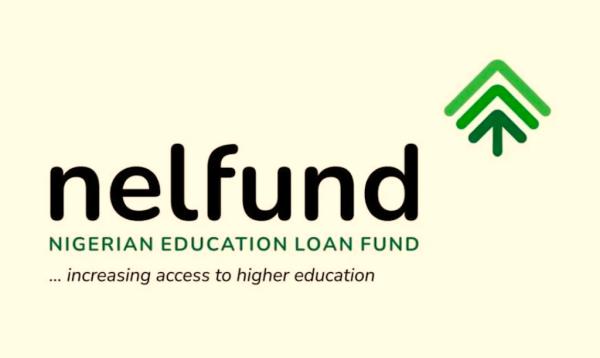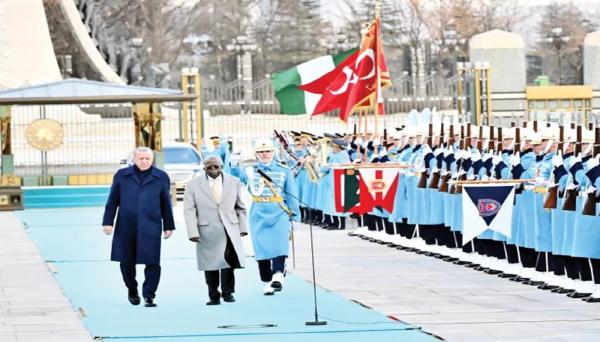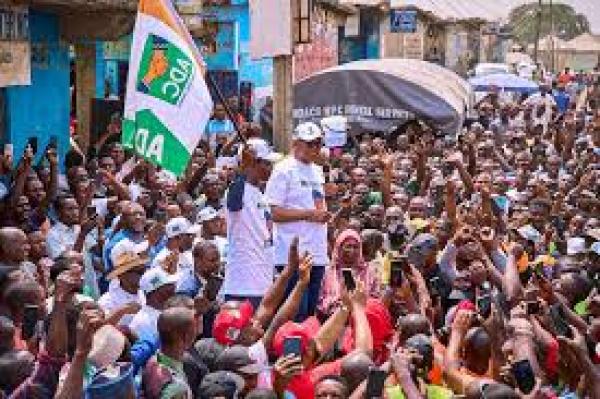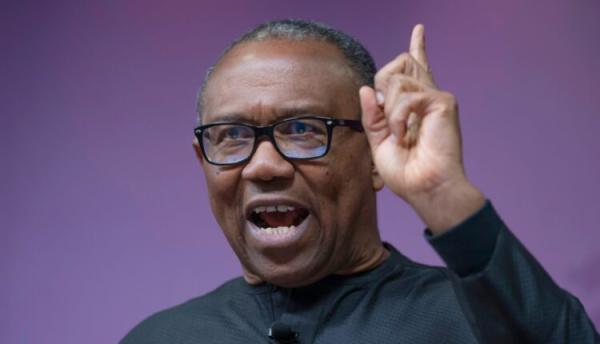
Peter Obi, the presidential candidate of the Labour Party in the February general election in Nigeria, has attributed the current food insecurity in Nigeria to corruption, poor policies and also wrong implementation of even good ones.
Obi said this on Saturday while answering questions on a tweeter space hosted by @Parallefacts with the caption: #PeterObiliveonparallelfact.
The former Anambra State governor, in a no-hold-bared submission noted that resources are not rightfully channeled to those who need it, noting that there is issue of credibility on who actually get government’s incentives like loans and fertilizers between core farmers and politicians.
Obi said: “What we are experiencing is that is causing food crisis is poor implementation of process and resources are not properly channeled where they should go. It is also about some actions and policies that follow the same pattern of corruption which is f helping the situations but worsens it.
“The North is going through a major problem today that is hinged on mass poverty. If you want to solve this problem, you have to pull people out of poverty.
“There is wide uncultivated lands in the north that need to be cultivated.
“Nigeria can make more money from agriculture than oil. Niger State is two times the size of Netherlands and if they can export agricultural products, we can do far better.
“We have massive uncultivated lands in Borno, about 70,000 square kilometers.
“To pull people out of poverty is to invest in this channel but we have to be truthful about it.
“If you know what programmes like ancho-borrowers have been implemented in other countries and solve their problems, you will understand what I am saying.
“The rice millers in Nigeria, are they the ones we are truly funding? Who are we dealing with and what are we trying to achieve?
“We can change all that and do it properly. When it is transparently implemented, it can work.
“We have Bank of Agriculture domiciled in Kaduna; are these things implemented and who are the beneficiaries of agricultural loans and who are those involved; are they politicians or the farmers?
“So, the implementation must be proper and the loan should go directly to those who need it.
“Also such loans must be followed up and ensure they are rightly used. If you do it properly, prices of foodstuffs will come down.
“The more you pull people out of poverty, the more you reduce poverty.”
Speaking on education, Obi said for the country to enthrone a good educational system, both primary and secondary schools should be free.
He emphasized that the level of development of any nation is dependent on how it values education, noting that the difference between developed and developing countries is education.
He said: “As a country we have Universal Basic Education (UBE); it means from primary school, basic education is free and I have always argued it should include primary and secondary. The most important tool of measuring of development is education. The more educated you are the more developed you are.
“The only difference between developed and developing is education. For me when you save from wastages, the next investment should be in education, especially.
“We need to invest aggressively in education, in health and pull people out of poverty. To me, secondary and primary would have been free.
“I would have funded it aggressively. It doesn’t matter whether the schools are owned by private individuals or government. We will fund them aggressively because it is critical and important.“
Obi also said it was high time the Nigerian government declared emergency in the nation’s health sector.
Speaking on the exodus of Nigerian doctors abroad, he regretted that it was as a result of wrong priority that has made the health sector of Nigeria so poor, leading to movement of Nigerian doctors abroad.












